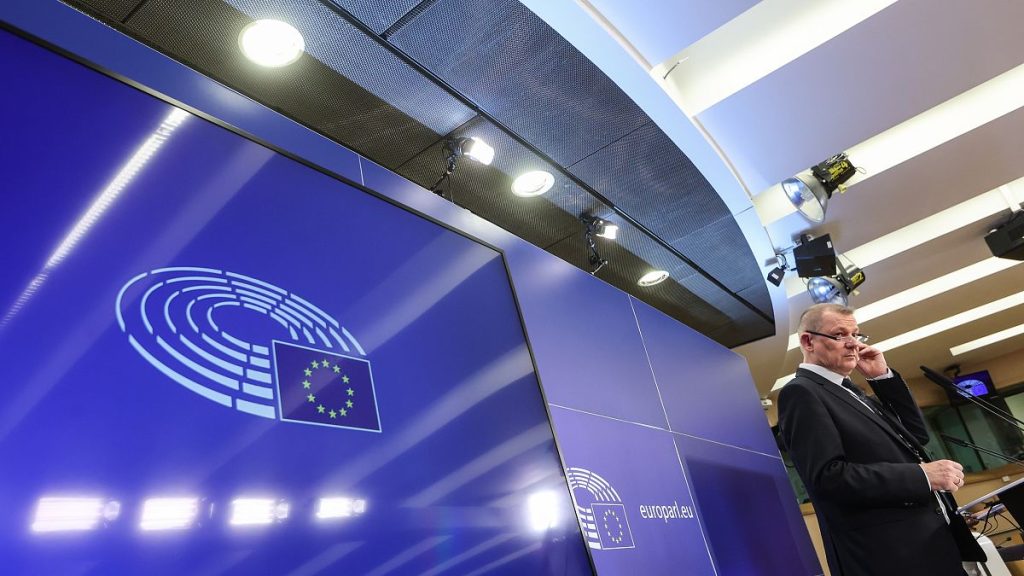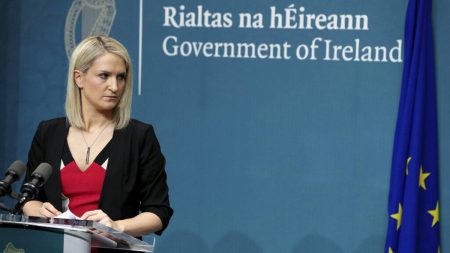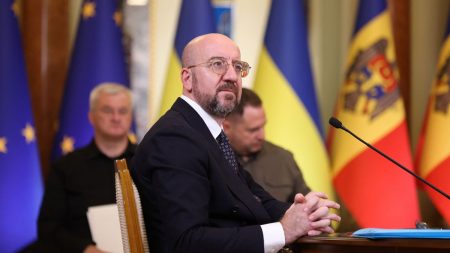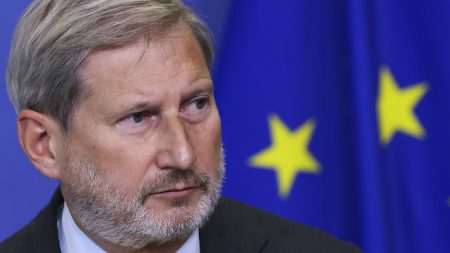Markus Pieper has declined the position of European Commission small-business envoy after facing criticism over his recruitment process. Pieper, an MEP, was appointed to the position in January but his appointment drew accusations of cronyism as he belongs to the same German political party as Commission President Ursula von der Leyen. The recruitment process has cast doubt on the impartiality of von der Leyen’s Commission. Although Pieper was considered a “proven expert” on small and medium-sized businesses, the selection procedures will be reopened after EU elections in June.
The President of the European Commission, Ursula von der Leyen, both respects and regrets Pieper’s decision not to take up his post as SME Envoy. The controversy surrounding his appointment has led to questions about the process by which senior Commission appointments are made. While official guidance states that appointments should be proposed in agreement with portfolio Commissioners, there is ambiguity as to whether this was followed in Pieper’s case. Despite claims of boycotting by SME Commissioner Breton, sources close to him describe these accusations as “ludicrous at best”. Breton himself stressed the importance of transparency and collegiality in Commission appointments.
MEPs voted overwhelmingly to rescind Pieper’s hire in a 382-144 vote, with criticism coming from both within the European Parliament and external watchdog organizations like Transparency International. Some of von der Leyen’s senior lieutenants also raised concerns about the recruitment process. Transparency International EU’s Director Nick Aiossa stated that the appointment should never have been made in the first place and that von der Leyen should have come to this conclusion weeks ago. Despite the controversy surrounding Pieper’s appointment, the Commission maintains that its rules were fully complied with and that it retains independence over recruitment decisions.
Pieper’s perceived inability to carry out his tasks within the Commission due to Breton’s alleged actions has further fueled the debate about the impartiality and transparency of the recruitment process. The decision to reopen the selection procedures after the EU elections in June indicates that there are lingering doubts about the fairness of Pieper’s initial appointment. The case of Pieper highlights the complex dynamics at play in senior Commission appointments and raises questions about how such decisions are made and whether they are truly impartial. It remains to be seen how the Commission will address these concerns and ensure that future appointments are perceived as fair and free from political influence.















